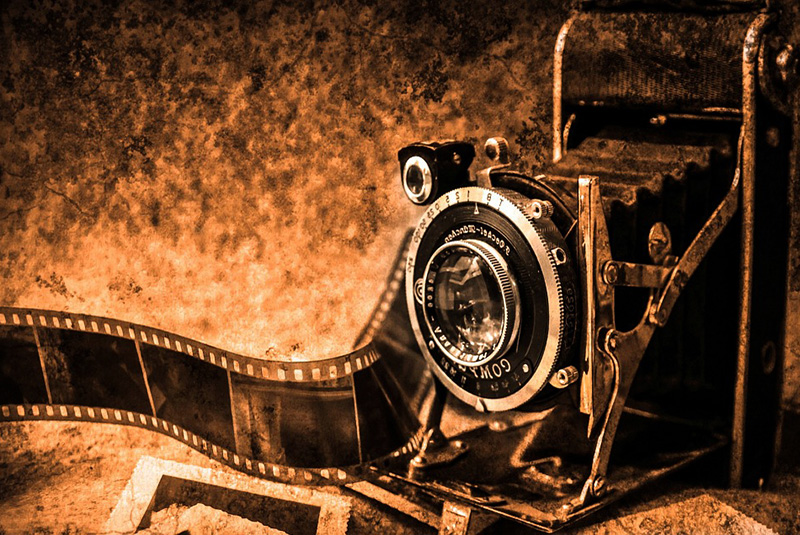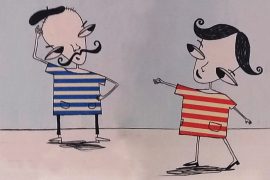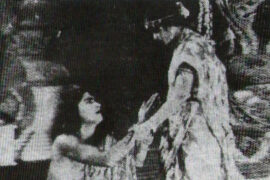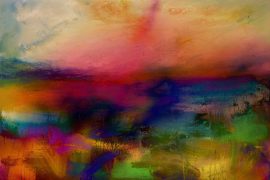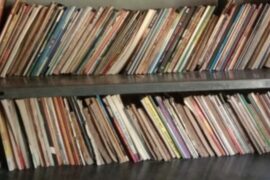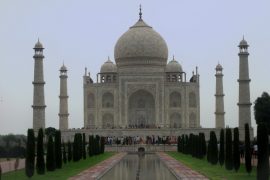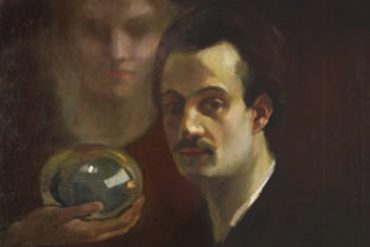The music video for Coldplay’s “Hymn For The Weekend” was lambasted for its depiction of stereotypes about India. The kids celebrating Holi, Fakirs performing tricks and the street showman giving children a peek into a Bioscope.
The latter stands out; not least because it’s become an incredibly rare sight in Indian cities. The ‘bioscopewallahs’ who carry these projectors are a rare sight now. But if you’re lucky, you can still see them – cranking the device while children peep into the scope, singing old songs and whatever tune comes to mind to accompany the visuals.
The Bioscope is ancient technology, first exhibited as the ‘Bioskop’ by Max Skladanowsky in 1895. The simple projector juxtaposes images with a vinyl to create a basic symphony of visual and sound. This was also called cinematographs or magic lanterns – and not all of them were alike.
For a glimpse of what this device meant to the showmen who wielded it, Prashant Kadam’s documentary is key viewing. It tells the story of Rau Waghmare, a Dalit from a farming background, who was forced out of his home due to severe drought. While travelling and searching for a job, he was entranced with the technology of the bioscope. To make ends meet and fulfil his passion, he became a Bioscopewallah. Since then, as he says, he has never starved.
Copyright©Madras Courier, All Rights Reserved. You may share using our article tools. Please don't cut articles from madrascourier.com and redistribute by email, post to the web, mobile phone or social media.Please send in your feed back and comments to [email protected]

